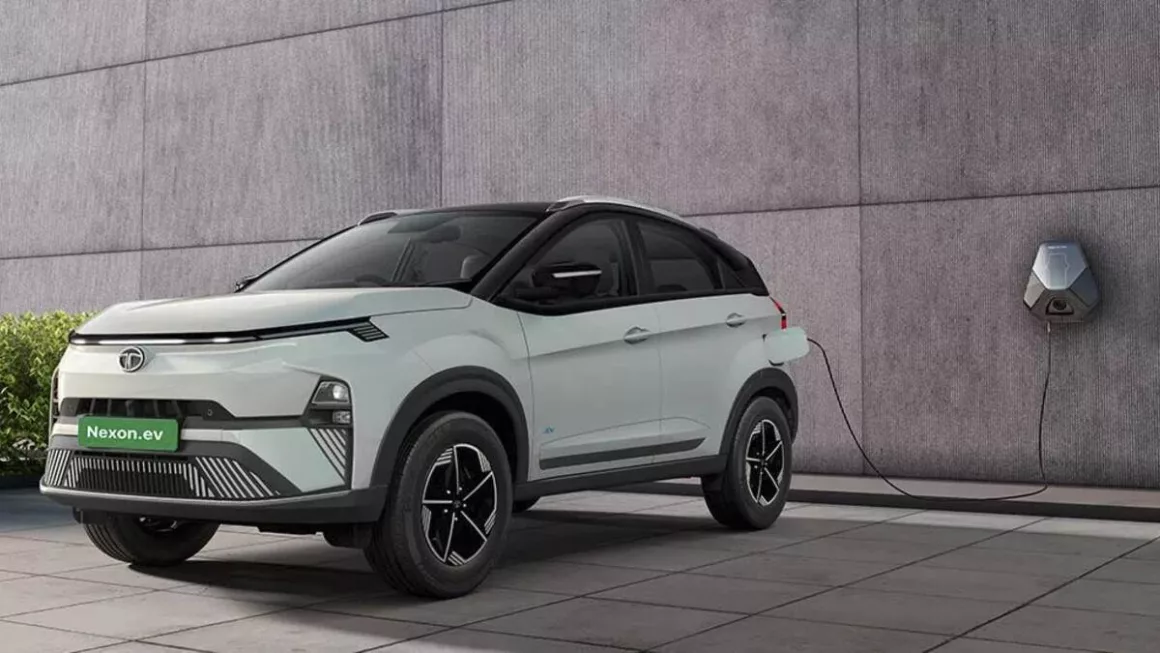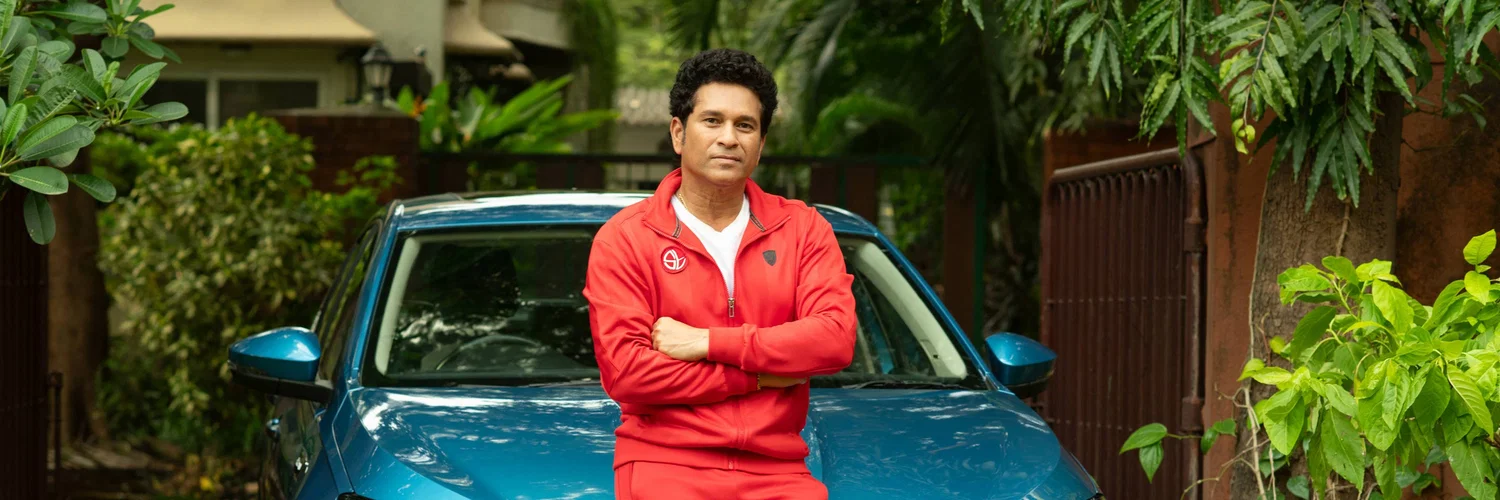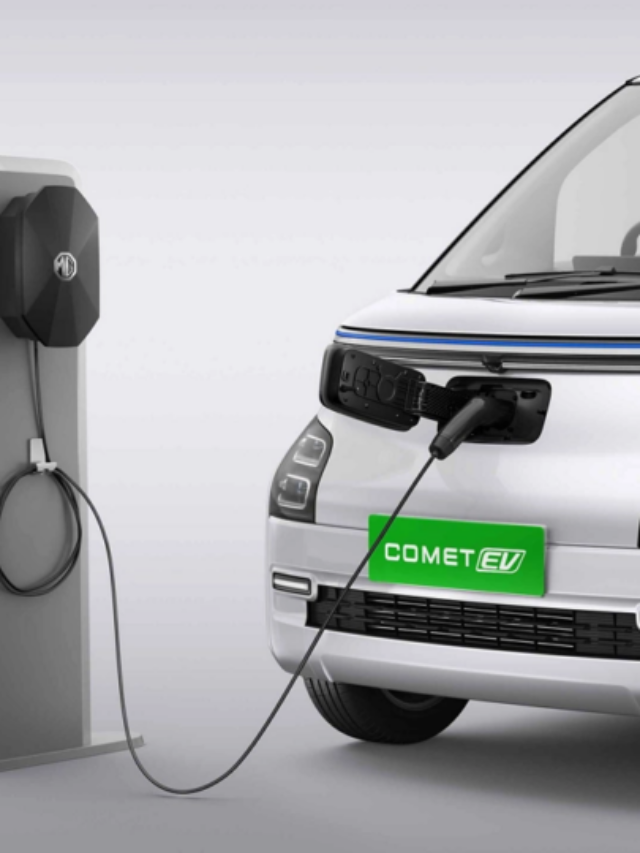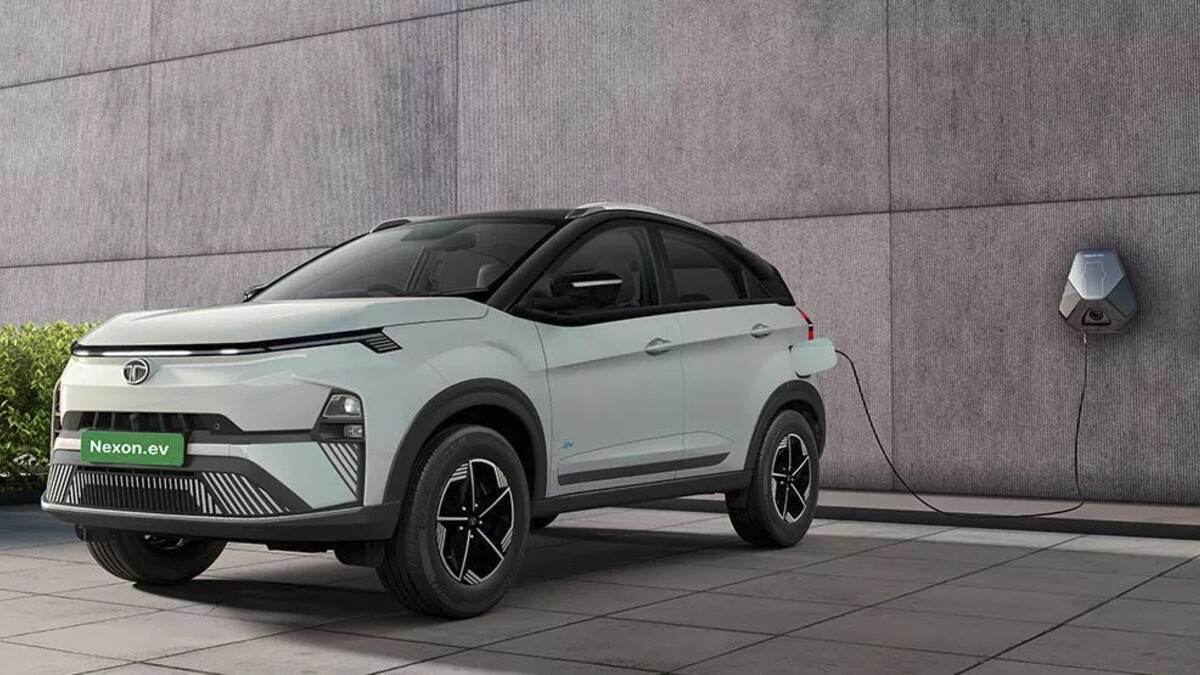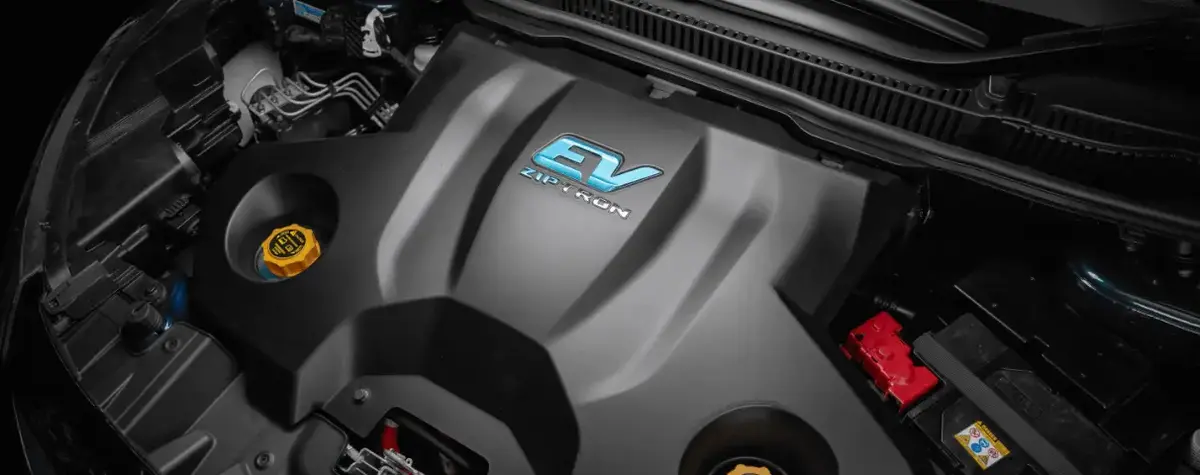If you plan to buy an EV, you need some forethought on how you will charge it. Now, you may be lucky enough to have an EV charging station nearby. But installing an EV charger at your home is the best decision you can make to optimally use what an EV has to offer. Having an EV charger at home not only makes charging a breeze but also makes it more financially beneficial. Here are the steps you should follow to install an EV charger at home.
Benefits of an EV charger at Home
Before learning how to install an EV charger at home, let us look at all the benefits of having an EV charger at home.
Charging convenience
When it comes to charging an EV, there is nothing more reassuring than having access to an outlet whenever you need it. This is only possible if you have an EV charger at your home and you can charge your EV whenever you need and for however long needed.
Financial benefits
Charging your EV at home is always more affordable as compared to charging it anywhere else. Moreover, if you use solar energy to charge your EV, it is going to be even more cost-efficient. For example, to charge your EV at a charging station you will need to spend Rs.11 per kW for AC charging and Rs. 16 per kW for DC charging. Whereas, the domestic electric rates range from Rs. 2 – 9 per kW in Delhi.
Optimum charging
Charging and discharging cycles are what reduce the life of an EV battery. The more frequently you charge your EV, the lesser its battery’s life. With an EV charger at home, you need to charge your EV not more than once a day. It is recommended to top up your EV overnight because those hours are more than enough to juice up your EV’s battery to its maximum capacity and then you do not need to worry about the range while using your EV during the day.
Increases the home value
This might be a little off-topic, but having a dedicated level 2 EV charger at home does add to its value.
Steps to install an EV Charger at Home
Step 1 – Hire an electrician
Hiring an electrician is the first step you should take to ensure the safe and proper installation of an EV charger at your home. It would be even better if you hire someone with expertise in installing EV chargers.
Step 2 – Check the eligibility of your home
Before going about installing the EV charger, you need to check if the electric system of your home is up to the task. Not all homes are eligible for the power supply that an EV charger needs. With the help of the electrician, check if your home’s electric system is eligible to have an EV charger. If it is not and requires an upgrade, then you need to get a permit from the local electricity board.
Step 3 – Decide a location
While choosing a location for the EV charger, make sure it is close to your parking spot in your garage. Also, make sure that there are no cracks in the shelter and walls for the water to enter when it rains.
Step 4 – Buy a Level 2 EV charger
There are three types of chargers that are available when you buy an electric car. Level 1 charging can be done with the regular 120V/ 15-amp socket at your home. It is the level 2 charging which needs 220 – 240V supply and a special charging set up to be installed. To buy a level 2 EV charger, contact the OEM of your EV and buy the one they recommend.
Step 5 – Install the EV charger
Let the electrician take the lead in the installation of the EV charger while you assist him and supervise the process from start to end to learn the basics. Once the installation is done, plug your EV in to check if the EV charger is working properly.
FAQ
Where can I buy an EV charger?
To buy a level-2 charger for your EV you should contact the brand of your EV.
Do I have to have a garage to install an EV charger?
You need to decide a location for the EV charger, which is near its parking spot and is completely covered so that water can not enter it when it rains. Ideally, such space is available in the garage. But if you can find an appropriate space anywhere else in your premises it should be okay to install an EV charger there.
Is installing an EV charger complex?
Installing an EV charger is not complex but it does require expertise. This is why it is advisable to hire an electrician to install the EV charger.
What are the benefits of installing an EV charger at home?
Installing an EV charger at home has several benefits. For example, you always have access to a charging socket and do not need to wait in a line in front of an EV charging station. Moreover, you do not need to charge frequently which depletes the EV life faster. Lastly, charging your EV at home is cheaper than charging it at an EV charging station.
